
Chile scraps power rate hike, boosts subsidies
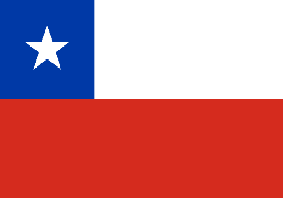
The electricity rate cut creates a "mechanism to stabilize electricity rates, which will allow a recent 9.2pc increase to be revoked, bringing rates back to where they were in the first semester of the year," the government said.
The move was preceded by quiet consultations with large power generators.
Other steps include increased pensions, a guaranteed minimum wage, medicine subsidies and an increase in the highest tax rate to 40pc.
"This social agenda is not going to solve all of the problems that plague Chilean families, but it is big effort," President Sebastian Pinera said in a national address last night. "It is going to require more funds, so we need great efficiency and a reassignment of resources."
University students and grassroots union organizers at the front lines of the protest movement rejected the measures out of hand. "This does not go to the root of the problems of the enormous majority of the population," one union organizer told Argus.
"This means more money for the rich," a student leader said.
The protesters, many of whom were born after Chile restored democracy in 1990, are demanding that the government immediately repeal a state of emergency and pull back the military that was deployed to the streets of Santiago and other cities over the weekend to try to restore order. Some want Pinera to resign to make way for a constituent assembly.
One energy industry executive who did not want to be identified lamented that the measures would not be enough to appease the protesters and restore Chile's reputation as a safe bet for investors. "We don't know where this is heading," the executive said. "I hope the measures announced by Pinera help in some way, but I don't think they will. Even the most aggressive measures don't go to the root of the problem — there is a visceral reaction against the government."
Offices in Santiago's main business district are open but close early to allow people to return home before evening curfews set in. Most small businesses and many schools remain closed.
There was more looting overnight in several cities, but two more lines of the Santiago Metro were partially restored after most of the system was torched by protesters late last week. Local communities have launched clean-up campaigns.
The uprising broke out after the government announced a metro fare hike that it was later forced to suspend.
Chile has been known for decades as Latin America's most stable democracy and advanced economy. The copper industry that is the main revenue earner was dealt a blow yesterday with the launch of a strike at the giant Escondida copper mine. State-owned Codelco says it is operating normally with some shift adjustments.
A general strike sought by protesters starting today has not come to pass.
Chile imports crude and refined products to supplement production from two refineries run by state-owned Enap, which has said its operations have not been affected by the unrest. The country also imports LNG for power generation and industry.
The country has ample fuel supply, but distribution has been hampered by the unrest, vandalized stations and panic buying.
Since late last week, more than 5,000 people have been detained, and at least 15 people have died, mostly in fires related to looting, according to the attorney general's office. Human rights groups are denouncing violations by the police and the military.


Gold price eases after Trump downplays clash with Fed chair Powell

Copper price hits new record as tariff deadline looms
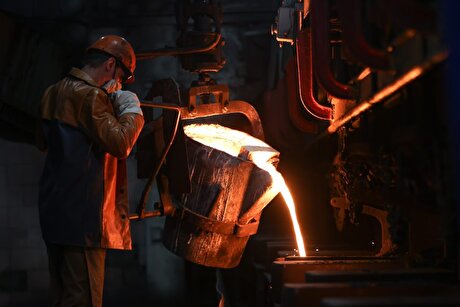
Brazil producers look to halt pig iron output as US tariff threat crimps demand
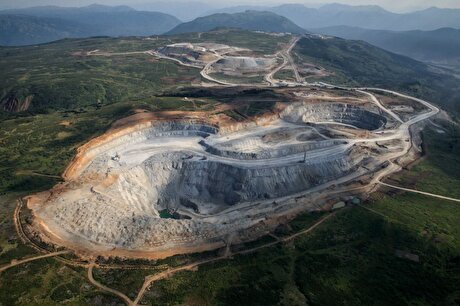
Three workers rescued after 60 hours trapped in Canada mine

Gold price could hit $4,000 by year-end, says Fidelity
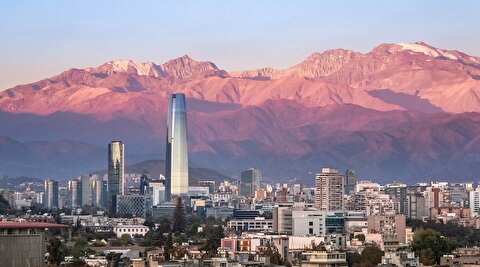
Chile’s 2025 vote puts mining sector’s future on the line
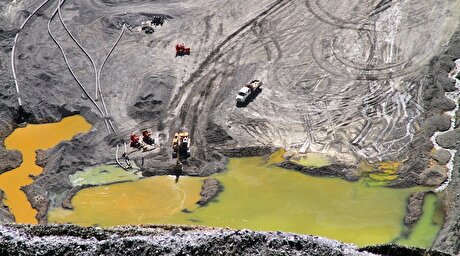
US targets mine waste to boost local critical minerals supply
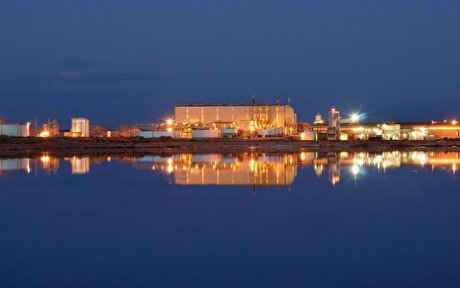
Energy Fuels surges to 3-year high as it begins heavy rare earth production
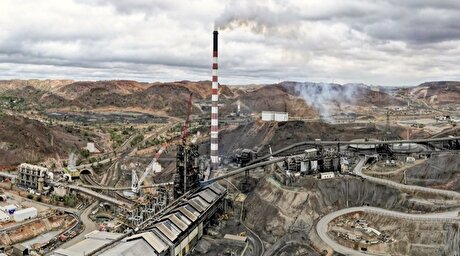
Glencore workers brace for layoffs on looming Mount Isa shutdown

Trump tariff surprise triggers implosion of massive copper trade

Maxus expands land holdings at Quarry antimony project in British Columbia

BHP, Vale accused of ‘cheating’ UK law firm out of $1.7 billion in fees
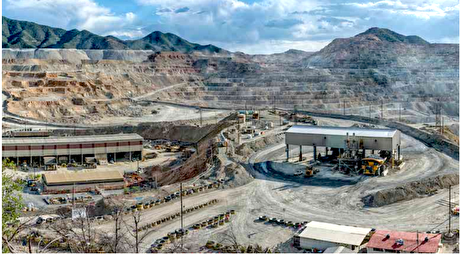
Southern Copper eyes $10.2B Mexico investment pending talks

American Tungsten gets site remediation plan approved for Ima mine in Idaho

Kinross divests entire 12% stake in Yukon-focused White Gold

Gold price could hit $4,000 by year-end, says Fidelity

Southern Copper expects turmoil from US-China trade war to hit copper

Ramaco Resources secures five year permit for Brook rare earth mine in Wyoming

Column: EU’s pledge for $250 billion of US energy imports is delusional

Trump tariff surprise triggers implosion of massive copper trade

Maxus expands land holdings at Quarry antimony project in British Columbia

BHP, Vale accused of ‘cheating’ UK law firm out of $1.7 billion in fees

Southern Copper eyes $10.2B Mexico investment pending talks

American Tungsten gets site remediation plan approved for Ima mine in Idaho

Kinross divests entire 12% stake in Yukon-focused White Gold

Gold price could hit $4,000 by year-end, says Fidelity

Southern Copper expects turmoil from US-China trade war to hit copper

Ramaco Resources secures five year permit for Brook rare earth mine in Wyoming















